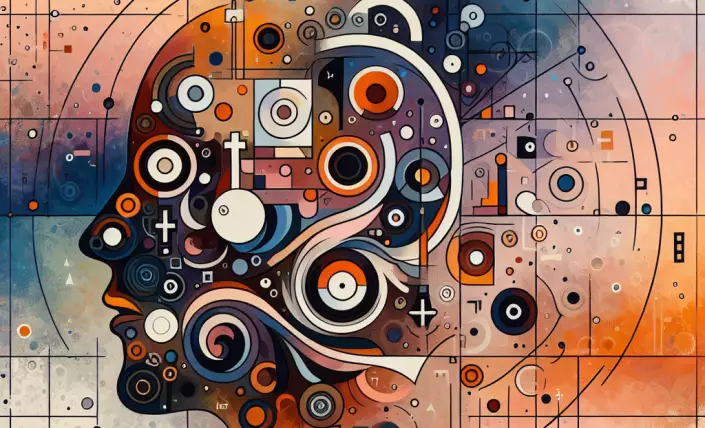In the vast expanse of philosophical inquiry, few concepts have captivated thinkers as profoundly as the nature of time. The fourth-century theologian and philosopher, Augustine of Hippo, offers a compelling examination of time that resonates with our contemporary quest to understand existence. Augustine's reflections on time, particularly in his work 'Confessions,' provide an intricate tapestry that encourages us to ponder how our perceptions of past, present, and future influence our lived experiences.
Augustine presents a paradoxical understanding of time, suggesting that it is simultaneously fleeting and eternal. He posits that the categories of past, present, and future are not independent realities but are intricately linked through the human consciousness. The past exists as a memory, the future as an anticipation, and the present as a direct experience. This triadic relationship invites us to question the reliability of our perceptions. If the past is merely a memory subject to reconstruction, and the future is an anticipation wrought with uncertainty, what then is the present? Augustine argues that the present is a mere point, almost infinitesimal, that continually slips into the past. This notion challenges us to consider how we measure and value time in our lives.
Reflecting on Augustine's insights, we are led to a profound realization: our human experience is shaped by an intricate balance between memory and expectation. This balance is crucial for personal growth and understanding. Memories influence our identity, while our expectations shape our aspirations. Augustine's exploration invites us to deliberate on how our attachment to the past and our yearning for the future impact our current actions and decisions. In a world where the present is often overshadowed by regrets of the past or anxieties about the future, Augustine encourages us to find meaning in the present moment, however fleeting it may be. By acknowledging the transient nature of time, we are reminded to appreciate the immediacy of our experiences, leading to a more mindful engagement with life.










